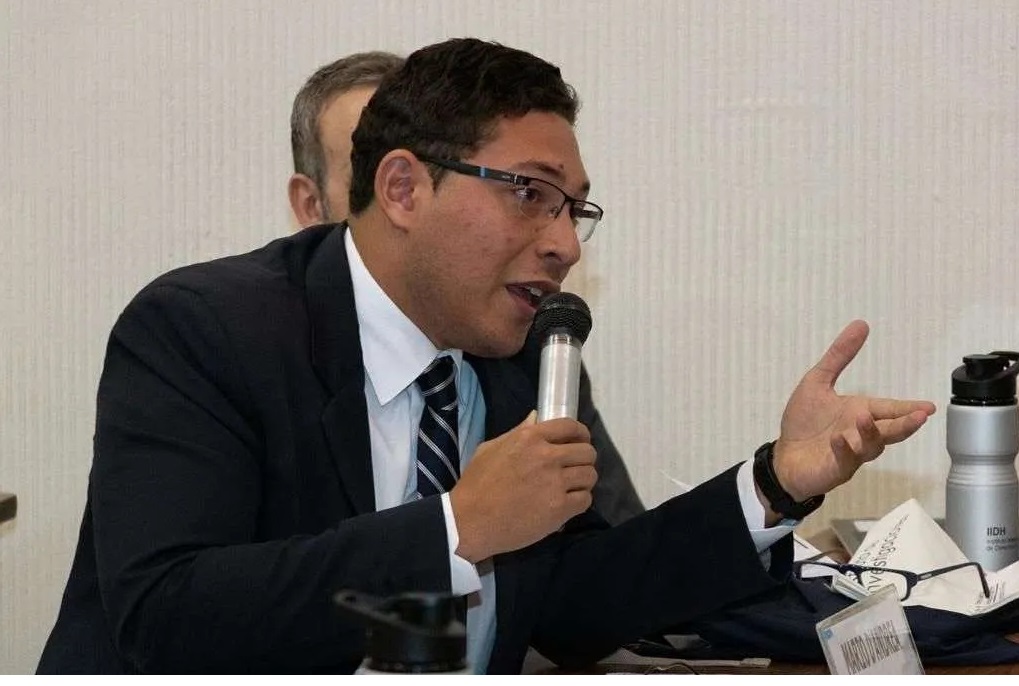The Venezuelan Press and Society Institute (IPYS Venezuela) mentioned the radio as the medium with the greatest presence and the source of daily local news (84.38%), followed by digital media (71.51%), TV stations (43.84 %) and newspapers (26.58%)
The Venezuelan Press and Society Institute (IPYS Venezuela) updated its Atlas of Silence on access to information in the country. According to the research, more than seven million Venezuelans, equivalent to 21% of the population, live in information deserts.
The Institute pointed out that information deserts consist of areas where access to local news is insufficient, a situation that describes 36% of the country’s municipalities. From the start of the project in 2020 to December 2022, the number of Venezuelans living in localities with precarious access to information increased by 33.2%.
Radio was mentioned as the medium with the greatest presence as the source of daily local news (84.38%), followed by digital media (71.51%), TV stations (43.84%) and newspapers (26.58% ).
The investigation also detailed that most information deserts are located in medium-sized (74) and small (40) municipalities. Táchira (28), Zulia (19) and Sucre (14) are the States with the largest number of information deserts. However, the Institute warns that this is partially due to a varying number of municipalities per State.
The findings of the study also show how precarious infrastructure conditions (roads, electricity and internet), the distance to international borders and the general socioeconomic level are related to the existence of these deserts.
Regarding the “moderate deserts”, which represent 34% of the country’s municipalities, the organization explained that these areas are characterized by access to relevant information with a certain frequency, even though news coverage faces serious restrictions.
“This context of silence not only reduces access to information of public interest but also limits the right of citizens to discuss the problems that affect their communities and the possibility of supervising those in power”, said IPYS Venezuela.
Amid the absence of local news coverage, the organization highlighted that “it is important to assess the role of social media and other sources that are reducing the information gap in these areas (…) In addition, it is relevant to analyze the transformation of journalism in the digital age, both in terms of the use of technology and the role of people as generators of information, which implies new risks but also opportunities.
Translated by José Rafael Medina




